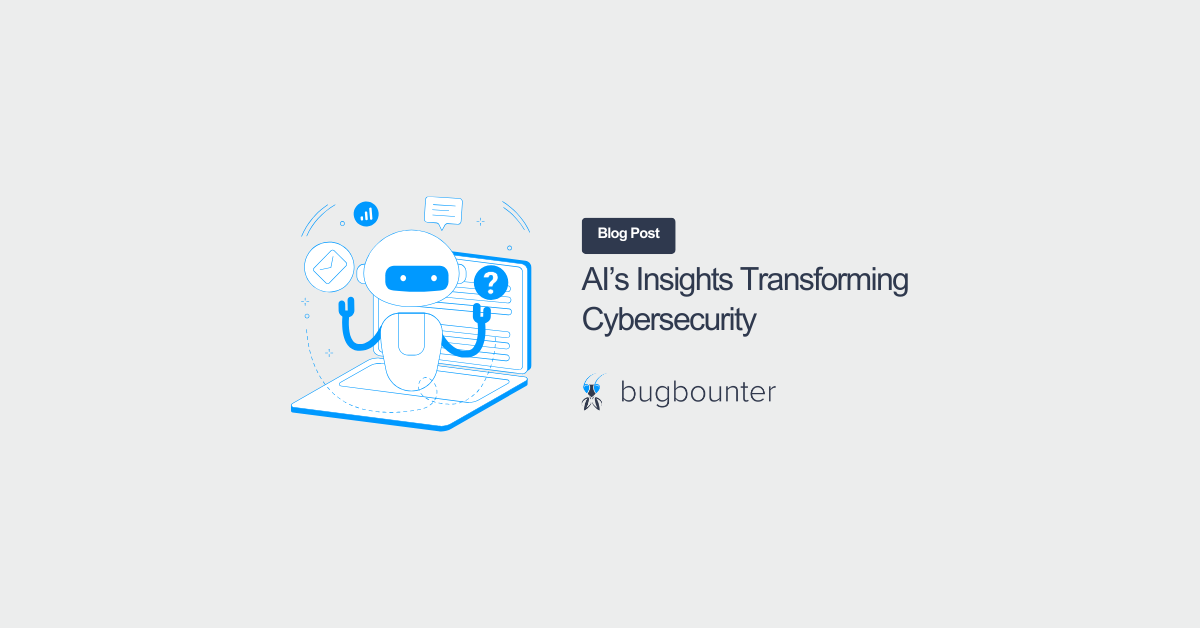AI’s Insights Transforming Cybersecurity
Artificial Intelligence (AI) stands on the brink of transforming not only industries but also the very fabric of cybersecurity. In this article, we delve into the profound impact of AI on cybersecurity, exploring its ability to provide unparalleled insights and revolutionize digital defense strategies.
The Power of AI in Learning and Adaptation
AI’s true strength lies in its capacity to learn and adapt autonomously during decision-making processes. Take the transportation sector as an example. Semi-autonomous vehicles equipped with advanced algorithms, sensors, and cameras not only alert drivers about upcoming road conditions but also share experiential insights with other vehicles on the road. This collective learning, devoid of human involvement, is immediately transferable to similar vehicle configurations. In the realm of fully autonomous vehicles, AI systems take the wheel, making navigational decisions with precision.
Challenges with Facial Recognition and Bias
While AI holds tremendous promise, challenges emerge, particularly in facial recognition software. Joy Buolamwini of the Algorithmic Justice League highlights a critical issue: if facial recognition databases primarily consist of Caucasian faces, the program becomes biased toward recognizing those faces. This raises concerns about fairness and accuracy, emphasizing the need for diverse datasets to ensure inclusive and unbiased AI applications.
Learn more about deepfakes here.
Legal Liabilities and Accountability in AI Systems
The legal landscape surrounding AI systems is complex and evolving. In cases of harm or infractions, operators of algorithms may fall under product liability rules. A recent Uber-related fatality in Arizona serves as a pivotal test case, raising questions about the liability of various entities involved in road testing, including the human backup driver, the state, the Phoenix suburb, Uber, software developers, and the auto manufacturer.
Government Investments and Policy Initiatives
Recognizing the transformative potential of AI, both state and federal governments in the United States have made substantial investments in AI human capital. Initiatives like the “Future of Artificial Intelligence Act” aim to establish comprehensive policy and legal principles for AI. The objective is to create a conducive environment for investment and innovation while addressing workforce changes and safeguarding individual privacy rights.
Ethical Considerations and Oversight in AI Development
As AI’s influence expands, ethical considerations become paramount. Transparency and oversight are advocated, with suggestions like making AI source code available for public inspection. The IEEE Global Initiative emphasizes the importance of programming AI models with consideration for widely accepted human norms, fairness, and nondeception. Adhering to ethical standards is crucial for building trust and safeguarding against bias and discrimination.
Automating Ethical Decision-Making
A group of machine learning experts proposes a method to automate ethical decision-making in AI algorithms. Using a voting-based system that considers public preferences in ethical dilemmas, this approach provides a framework for AI developers to incorporate ethical considerations into their planning. While not diminishing the tragedy of fatalities, it offers a mechanism to address ethical concerns in AI development.
Cybersecurity in the Age of Advanced Computing
In the rapidly evolving landscape of advanced computing, cybersecurity takes center stage. Nations must prioritize safeguarding their systems from malicious attacks. Machine learning plays a pivotal role in defending against threats, as demonstrated by a major American bank using a machine learning-based policy engine to protect its telephony from denial-of-service attacks.
Embracing Bug Bounty Programs
In the face of evolving cyber threats, organizations are turning to innovative solutions like bug bounty programs. These initiatives leverage the collective expertise of ethical hackers to identify and report vulnerabilities. Implementing a bug bounty program, such as those facilitated by platforms like BugBounter, not only enhances cybersecurity but also fosters a collaborative approach to addressing potential risks. It’s a proactive step towards fortifying digital defenses, ensuring a resilient cybersecurity strategy in the age of AI.
Learn more how bug bounty helps your business here.
Conclusion
In summary, AI’s influence spans various sectors, ushering in economic and social benefits. However, the ethical, legal, and policy considerations surrounding AI development are complex and require careful navigation. How we address these challenges will shape the impact of AI on society. As we embrace this technological revolution, understanding and proactively addressing these issues are essential to ensure that AI becomes a force for positive change in human affairs.





